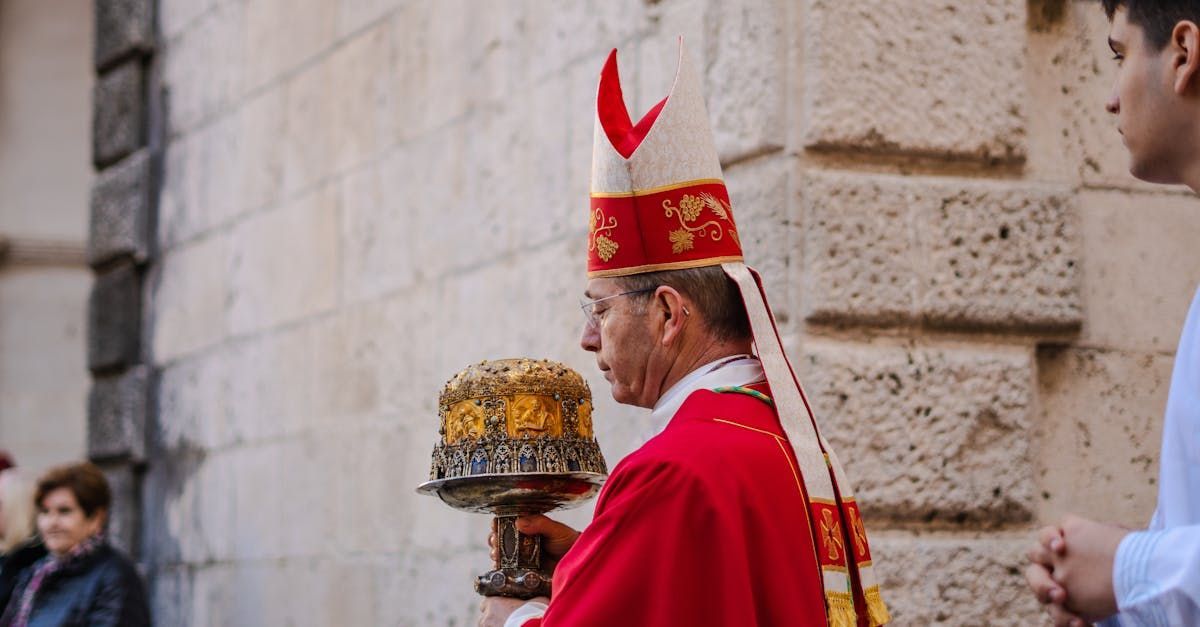The Road to Apostasy
Last week, I introduced briefly the concept of tolerance and intolerance. In short, there is the philosophy of the world: tolerate all ideas even if they are in error and be intolerant of people who do not agree with you. And then there is the philosophy of the Church: one may never tolerate error but be tolerant toward each and every person you meet. When Christ says, “I am the way, the truth, and the life,” he means that all truth points toward him and all error points away from him. This is a beautiful concept to consider simply by looking at modern science. If we look in the realm of environmental science at the rain cycle or types of clouds, we are observing nature around us. God created that nature, so we honor him by accurately measuring it and rightly coming to understand its order and what causes disorder or disruption and changes in what is normal.
St. Paul aptly points out this reality when he writes to the Romans, “For the invisible things of God, from the creation of the world, are clearly seen, being understood by the things that are made; his eternal power also, and divinity” (Romans 1:20). That is, when we look around us to visible creation, God’s eternal glories and awesome power cannot be ignored. And so the modern sciences point to truth that ultimately leads to God when they are true to their method.
To ascent to error, however, leads to corruption of the intellect and ultimately leads us to choose what is not aligned with our nature. And this road typically begins with neglect that brings about indifference. If I neglect to read the Scriptures and be formed by the Church in my faith, there will be holes in my knowledge and understanding of the beauty of the faith. Let’s say a coworker challenges me. “The crusaders went about killing Muslims in a holy war, so Catholics are no better than Muslims who wage jihad.” If I do not know my faith or where to turn to seek out the truth, then I can become indifferent to defending the history of my Church and point out the two errors of my coworker’s accusation.
Indifference leads to silent agreement with error, and this then causes us to align ourselves in opposition with the Holy Faith. One may begin at this point to fail in his/her obligations toward God and the Church. Personal sin becomes tolerable and goes unconfessed. Repeated venial sin becomes habitual and leads to mortal sin. Finally, in order to justify an intellectual and moral life that is in opposition to God’s desires for our life, we accept the grace of repentance and conversion (the prodigal son) or we reject Christ and his Church in order to keep sinning (the sin of Judas).
These, then, are the steps of apostasy, the rejection of the faith. Very rarely does it happen in our day that one publicly renounces the faith. Instead, it happens over time through neglect and indifference. When we tolerate the sinner but are intolerant of their principles that are opposed to a life of grace, the fire in our hearts can begin to warm their heart and be the invitation they need to return to the practice of the faith.
Pastor's Ponderings












